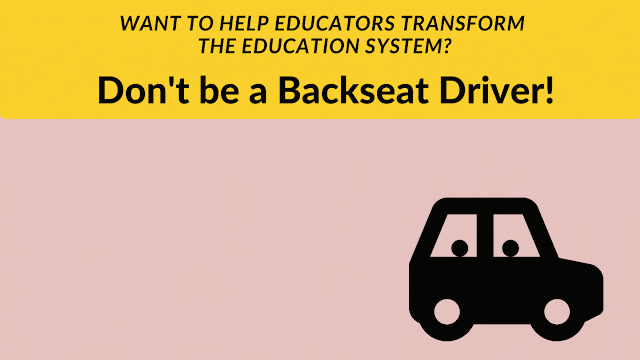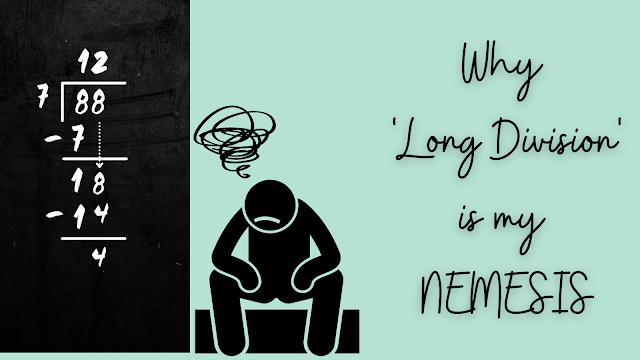Great Teachers: What do they know and do?
The idea: A simple model that captures the essential capacities that make 'Great Teachers' - knowledge of & care for their STUDENTS; knowledge of and passion for the SUBJECTS they teach; knowledge of TEACHING practices and a desire to learn for life through inquiry, sharing and learning with their communities.
I have always loved a good mental model. For 'What makes great teachers' I found it in the National Board for Professional Teaching Standards (NBPTS) Five Propositions a couple of years ago. This model is so good that it almost feels like common sense, but it is also profound and serves as a fantastic vision for teachers to aspire to.
A quick note on how we arrived here. Until we discovered this, the Danielson Framework for Teaching helped anchor our vision for teachers. The Danielson Framework is one of the most well-established teaching frameworks and provides educators with a fantastic tool for evaluating good teaching. We still use this tool today to understand the effectiveness of our teaching. It is organized into 4 domains - Planning and Preparation, Classroom Culture, Instruction and Professional responsibilities. I am not sure why, maybe because it was first designed as an evaluation framework, but I always struggled to use this structure to set a vision for teachers.
When I discovered the NBPTS Five Propositions, I knew I had found the model I needed to anchor our vision for teachers. It has a few shortcomings relative to the Danielson framework - the details are a bit wordy and descriptions in some places, vague. But it's organization of core teacher capacities struck a chord with me immediately. Since then Danielson Group has also added an addition framework in which they have reorganized it into 'Clusters' or big ideas, which serves as a much better mental model for teachers than the original domains.
At our organization we have modified the NBPTS Five Propositions to create a simpler, more sticky vision for our teachers to aspire to. Here is a brief description:
1. Know and care for their students: Teachers need to know how children learn and develop. The need to know their own students - their needs, interests, strengths so that they connect with them, support them more effectively and even advocate for their individual needs. They truly must care for them and be committed to their development.
2. Know and be passionate about their subjects: Teachers need have deep domain knowledge of the subjects they teach. This includes content areas like Maths, Language, Science etc. and areas traditionally considered less important in school like the Arts and Physical Education. It also includes other areas like Socio-Emotional Learning, Early Childhood Education and Special Education. Additionally, teachers also need have pedagogical content knowledge i.e. an understanding of how to teach knowledge and skills specific to their subject.
3. Know how to teach: Teachers need to have knowledge of teaching best practices related to designing lessons, classroom culture, instruction and assessment of learning. They also need the practical skills to apply this knowledge.
4. Learn for life through inquiry, collaboration and communities: Finally, teachers need to be life long learners. As with all things today, knowledge and best practices too are not static. Teachers, like their students need to keep learning and growing themselves through inquiry and collaboration in their professional and educational communities.
Each of these components are very important and interdependent.
Now, whenever we do any sort of professional development for our teachers, we anchor those ideas within this aspirational teaching framework. We have found that a simple model like this does two important things - sets a vision and also serves as a conceptual model for our teachers to organize all the knowledge they acquire through their professional development and experiences.
Please note: When complex ideas are simplified into basic models to aid thinking, we lose some nuance. It is important to remember this limitation :)




Comments
Post a Comment